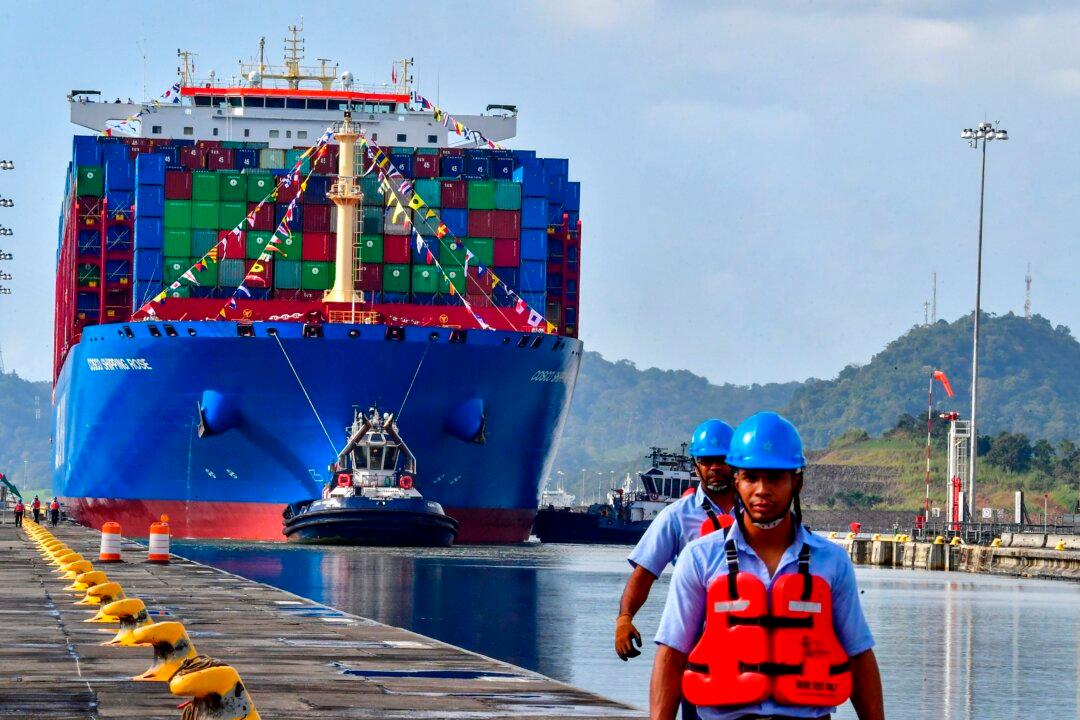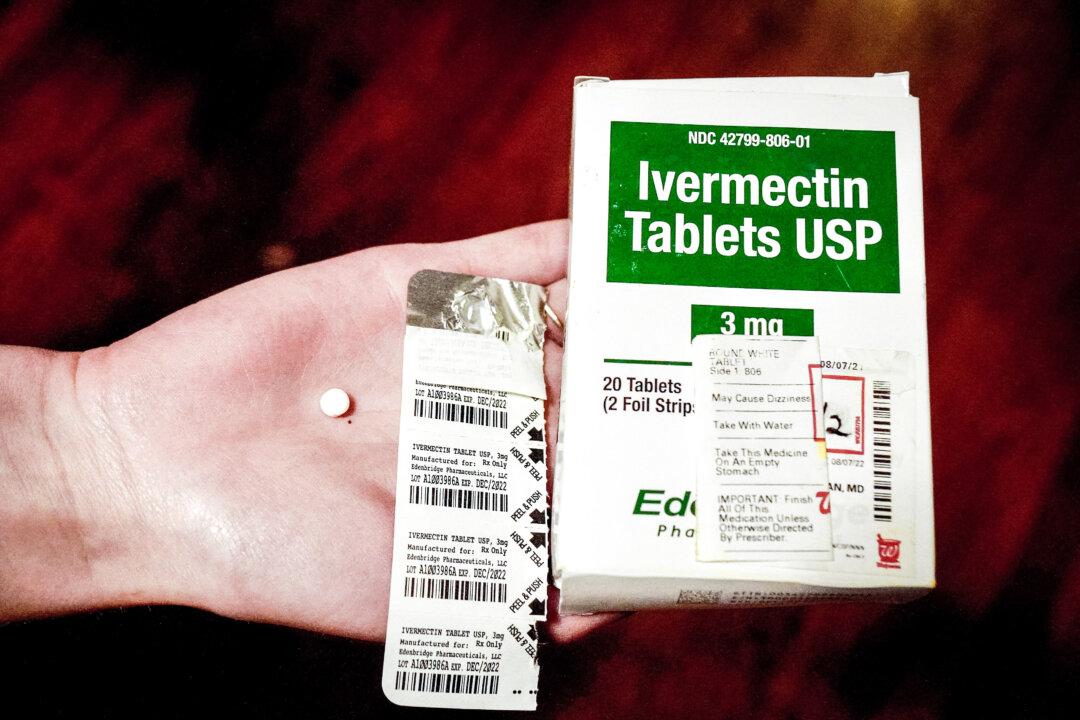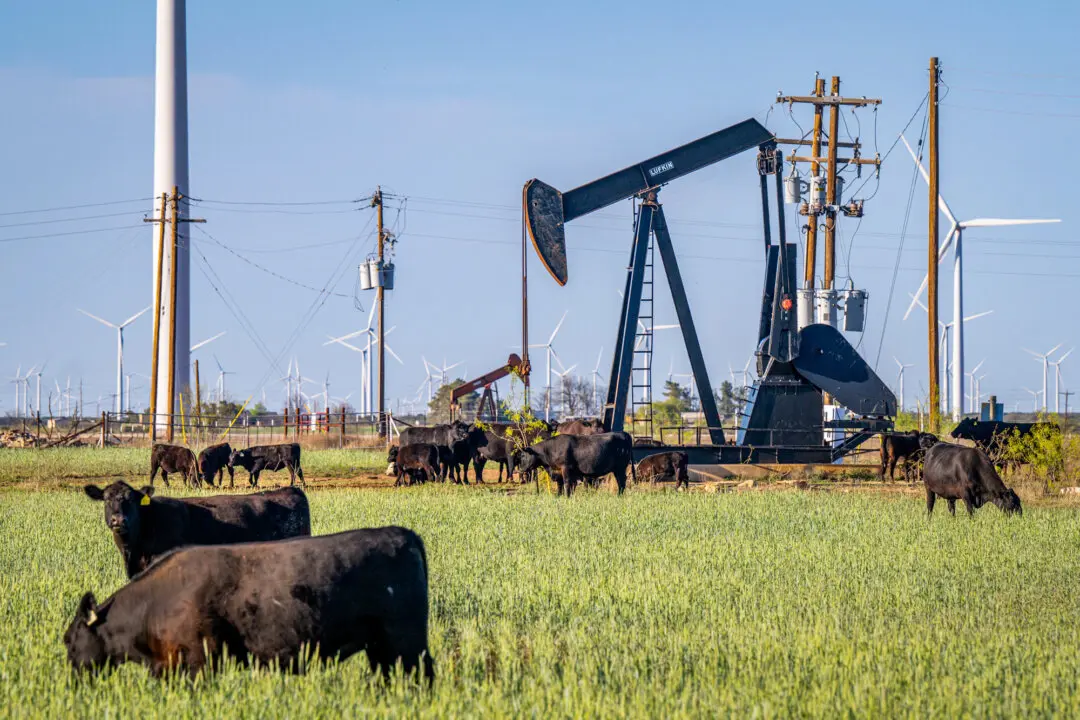Experts testifying before a congressional subcommittee said Chinese companies have stakes in ports throughout the Western Hemisphere—including five major U.S. ports—that pose security concerns.
While China’s influence on the Panama Canal may be the shiny object at the moment, China has been steadily securing port investments and critical infrastructure agreements throughout America’s backyard.





